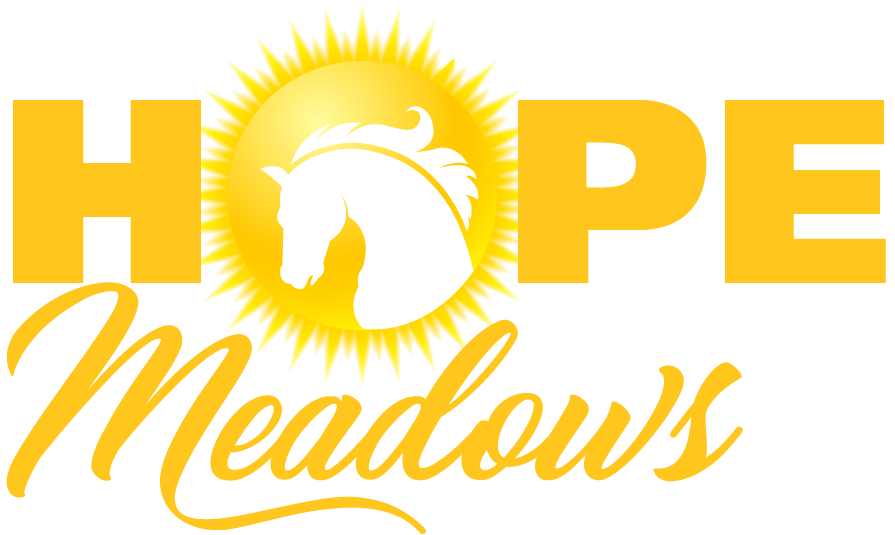What Is Equine Assisted Counseling?
a uNIQUE AND eFFECTIVE iNTERVENTION
Equine Assisted Counseling, also known as Equine Assisted Psychotherapy, represents a groundbreaking approach to mental health treatment. Traditionally, horses were primarily utilized in healthcare for addressing physical ailments or speech and language challenges. However, contemporary research underscores the therapeutic benefits of human-animal interaction, particularly in addressing mental health issues like anxiety, depression, trauma, eating disorders, and stress. Equine Emotional Therapy is increasingly recognized as an alternative to conventional counseling methods for various mental health disorders. Similar to other counseling modalities, Equine-Assisted Counseling aims to alleviate symptoms associated with mental health conditions.
This experiential modality involves engaging in activities and interactions with horses, typically within an arena or pasture at an Equine facility. Each Equine Therapy session is orchestrated with the participation of the client, a trained Mental Health Specialist, an Equine Specialist, and carefully selected horses based on session objectives. Within this therapeutic environment, clients immerse themselves in activities that lead to the identification of emotions linked to success, disappointment, responsibility, or self-esteem through their unique experiences.
Why HOrses?
Horses provide vast opportunities for metaphorical learning, an effective technique when working with even the most challenging individuals or groups. They notice many cues indicative of a person’s emotional state such as breathing rate, heart rate, body language, facial expressions and tone of voice. The way the horses respond in session provides a participant the opportunity to gain insight into their own thoughts, feelings, and behaviors. Both during the activity and after, the treatment team can observe and interact with the participant in order to identify behavior patterns and process thoughts and emotions.
Studies have indicated that Equine Assisted Psychotherapy (EAP) has been successful in helping clients show marked improvements in the following areas:
Assertiveness
Emotional awareness
Empathy
Stress tolerance
Flexibility
Impulse control
Problem-solving skills
Self-actualization
Independence
Self-regard
Social responsibility
Interpersonal relationships
What Happens in an Equine Therapy Session?
While each Equine-Assisted Counseling session will be unique, based on each individual participant’s or group’s needs, there is a formula that most Equine Therapy groups at Hope Meadows Foundation will follow.
The partipant(s) in each Equine Therapy session will begin with the Mental Health Specialist, always a highly experienced Licensed Professional Clinical Counselor. The Mental Health Specialist will initiate an ice-breaker activity of some kind, to familiarize the participants with each other, and discuss the goals of the session.
To make sure that the participants feel at ease and safe with the horses, each Equine Therapy session begins with a simple observation of the herd. When clients are ready, they engage in specifically curated activities, with the horses nearby. Each participant determines their own comfort level and interacts as much or as little with the herd as they desire. An Equine Specialist, who is responsible for the oversight of anything horse-related, and ensuring the safety of both the horses and participants, monitors each session.
Working with the horses in their natural environment allows the herd to respond to the participants in a natural manner, as if they were part of the herd. The feedback from the horses offers a reference point that participants can use to process difficult emotions, with the aid of the Mental Health Specialist.
At the end of each Equine Counseling session, the group comes back together to discuss notable moments, ask the Mental Health Specialist questions or process what they learned in general or about themselves after the session. Typically, attending multiple sessions, even if the Equine Therapy program is not a series, has an added benefit.

